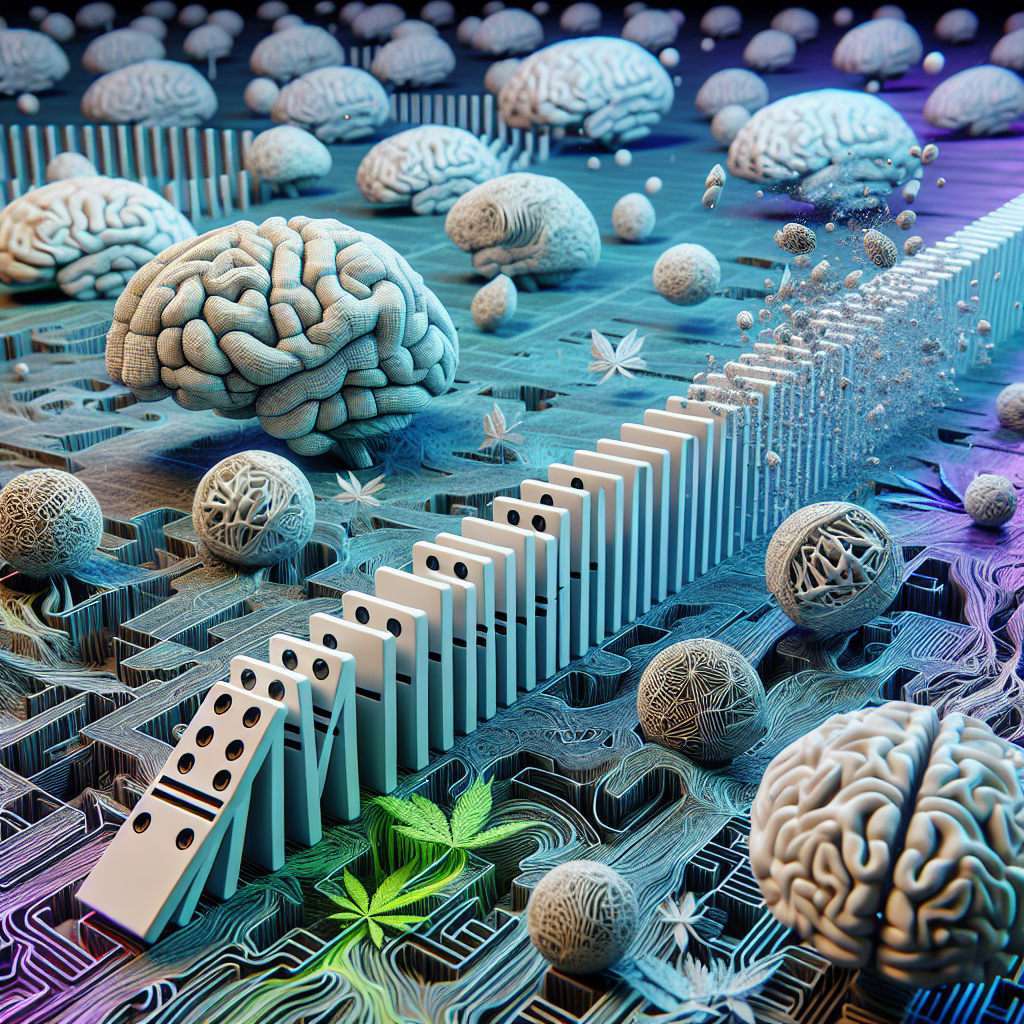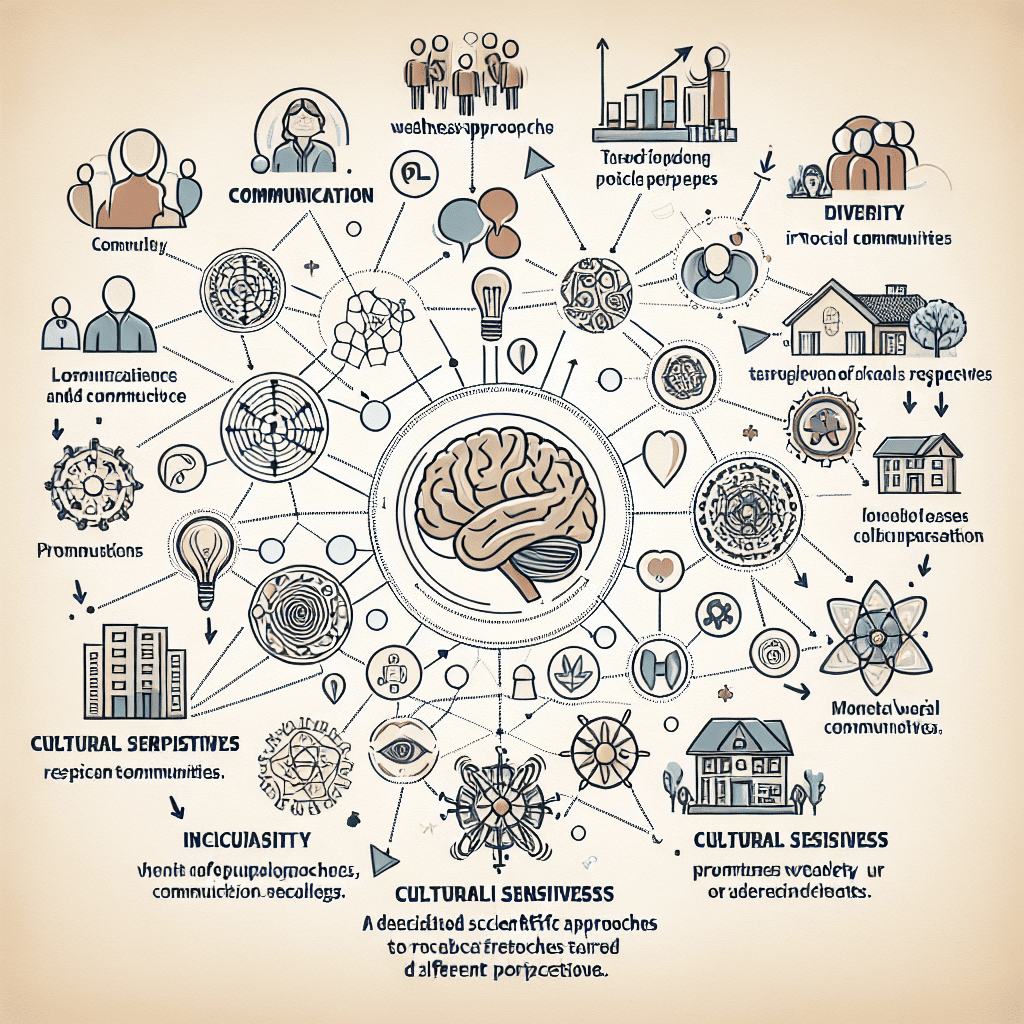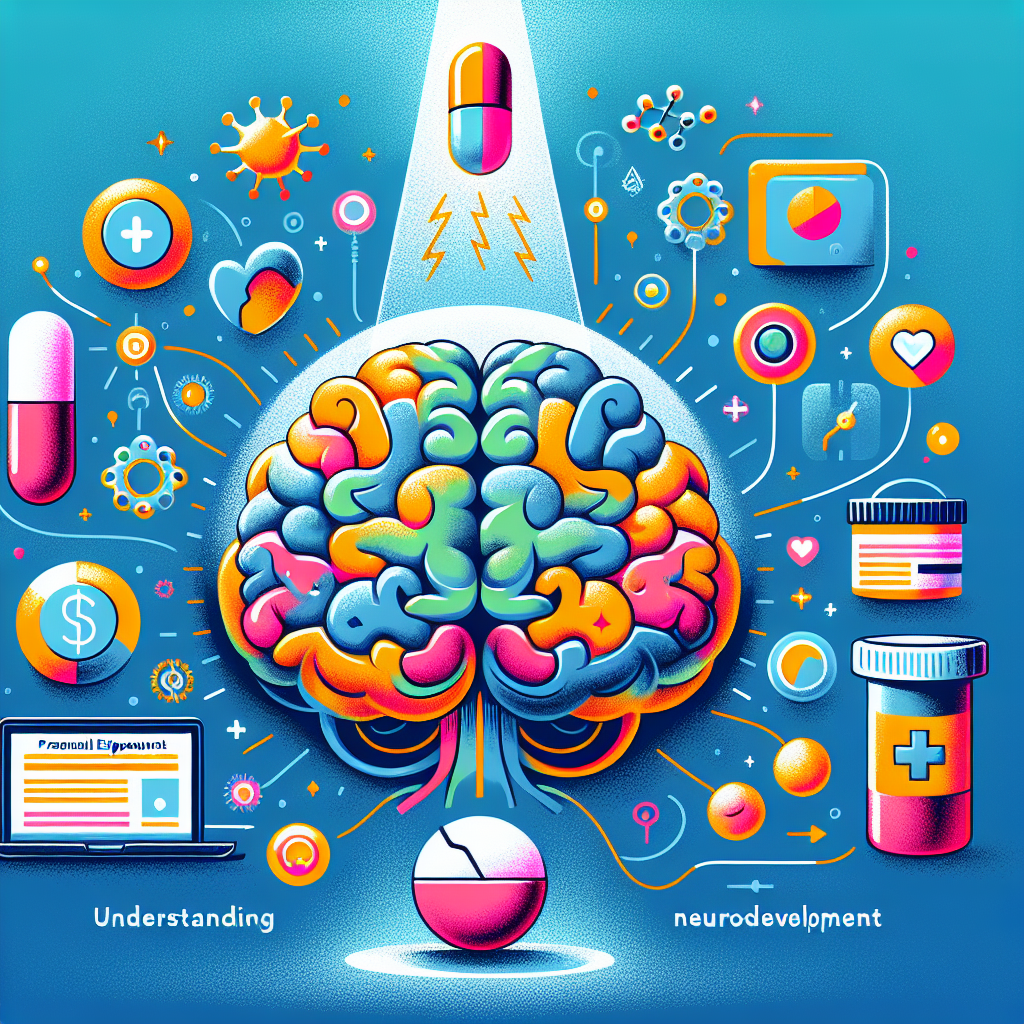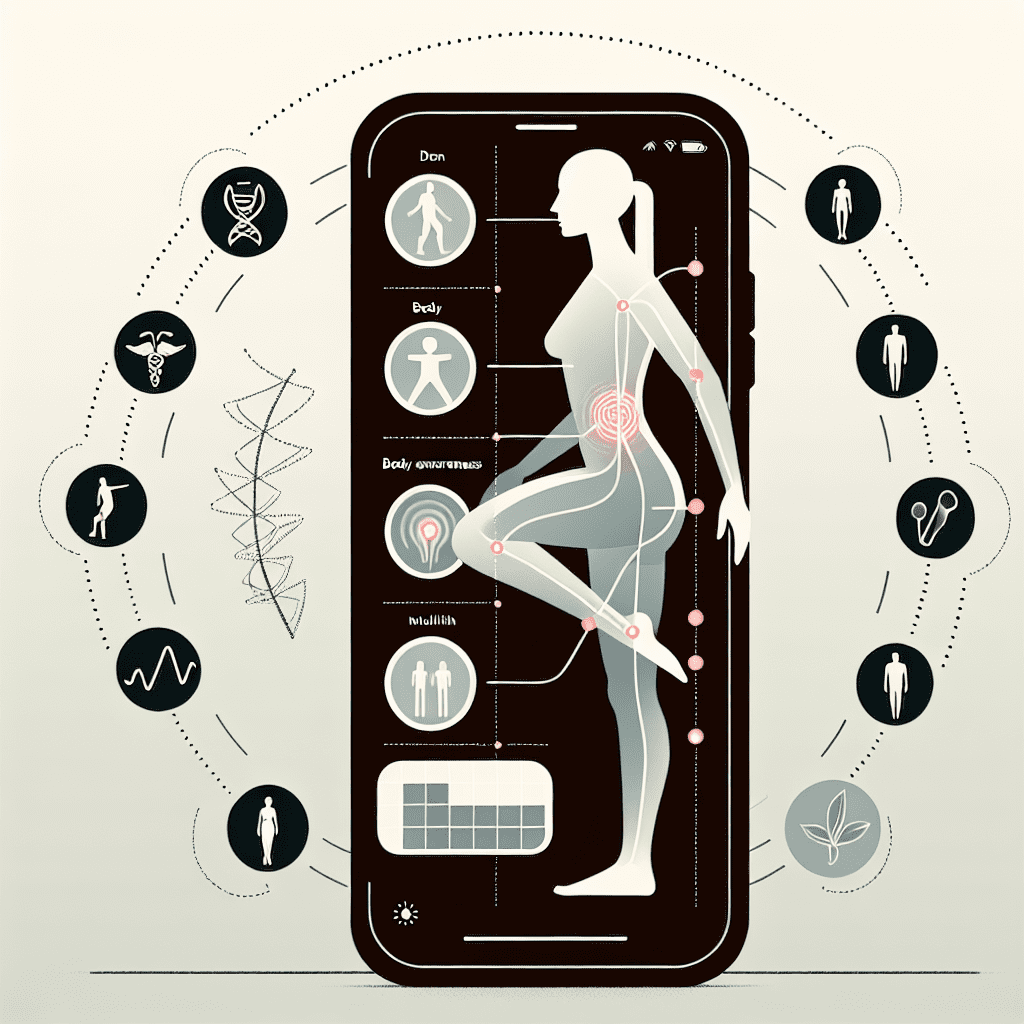Introduction: The Invisible Burden of Chronic Pain Imagine waking up every morning with a dull, persistent ache in your lower back that never seems to go away. For millions, chronic low back pain (cLBP) is a harsh reality, an invisible burden that impacts every aspect of their lives. While many resort to coping mechanisms like […]
Tag: Cognitive science

Exploring the Digital Classroom: How Neurodiverse Youth Navigate Online Learning
— Introduction: The Digital Dive into Education Imagine sitting in a classroom where the teacher appears merely as a moving square on your computer screen, and your classmates exist as disembodied voices or pixelated faces in small windows. This was the reality for millions during the COVID-19 pandemic when classrooms around the world transitioned to […]

Mindful Moments: The Surprising Connection Between Awareness and Coincidence
Introduction Have you ever thought of an old friend, only to receive a surprise call from them moments later? Or perhaps you’ve daydreamed about a song, and it suddenly played on the radio? These seemingly magical moments are often dismissed as mere coincidences, yet to some, they signify something deeper—synchronicity. This concept, which describes an […]

The Domino Effect of Weed: Exploring The Chains of Cannabis Use
Introduction Imagine walking down a gentle slope, feeling the firm ground beneath your feet. But as you keep moving, the path becomes slippery, causing you to tumble and lose control. This image aptly captures the essence of the long-debated concept known as the “gateway drug” theory for cannabis. While a recreational joint might start as […]

Empowering Educators: The Impact of Psychological Capital Training on Teachers in Inclusive Education
— Introduction In today’s rapidly evolving educational landscape, the health and well-being of teachers stand central to the quality of their work, particularly when addressing the demanding needs of students with Autism Spectrum Disorders (ASD) in inclusive classroom settings. Imagine a bustling classroom filled with diverse minds, where an overwhelmed teacher strives to tap into […]

Navigating the Stigma Maze: Families, Mental Health, and the Path to Understanding**
Introduction Imagine living in a world where your or a loved one’s challenges are not just internal but are intensified by the judgments and misconceptions of society. This is often the reality for many families with members dealing with mental illnesses. The research paper “Negotiating familial mental illness stigma: The role of family members of […]

Bridging Cultures and Minds: Adapting Mental Health Protocols for Pakistan
Introduction: Inside the Mind Maze Imagine you have a toolkit that not only fixes a leaky faucet but also repairs broken windows and squeaky doors—a one-stop solution for common household problems. Now, imagine a similar toolkit designed not for houses, but for our minds. This idea isn’t just a flight of fancy; it’s a reality […]

Unveiling the Linguistic Code: A New Frontier in Diagnosing Autism
— Introduction Imagine a world where our words hold the key to unlocking hidden dimensions of our minds—where the language we use could uncover deep-seated patterns, offering insights into complex cognitive conditions. In recent years, the quest to better understand autism spectrum disorder (ASD) has led researchers on a fascinating journey, exploring innovative ways to […]

Decoding Autism: The Role of Pharmacological Intervention in Prenatal Valproic Acid-Induced Behaviors
Introduction: Delving Into the Mysteries of Autism Autism spectrum disorder (ASD) captivates the curiosity of scientists, parents, and educators alike. It is a multifaceted condition known for altering the realm of social communication and behavior. Imagine observing a child’s entire development trajectory change due to subtle shifts in their brain structure and chemistry. For many […]

Unlocking Mental Wellness at Work: Insights from Ugandan Mental Health Providers and Acceptance-Based Training
Introduction Imagine arriving at work each day, feeling overwhelmed by stress, anxiety, and a lack of mental resources — all in a setting with limited access to mental health support. This is a reality for many working adults in low-resource settings like Uganda, where mental health burdens are compounded by precarious work environments. While mental […]
